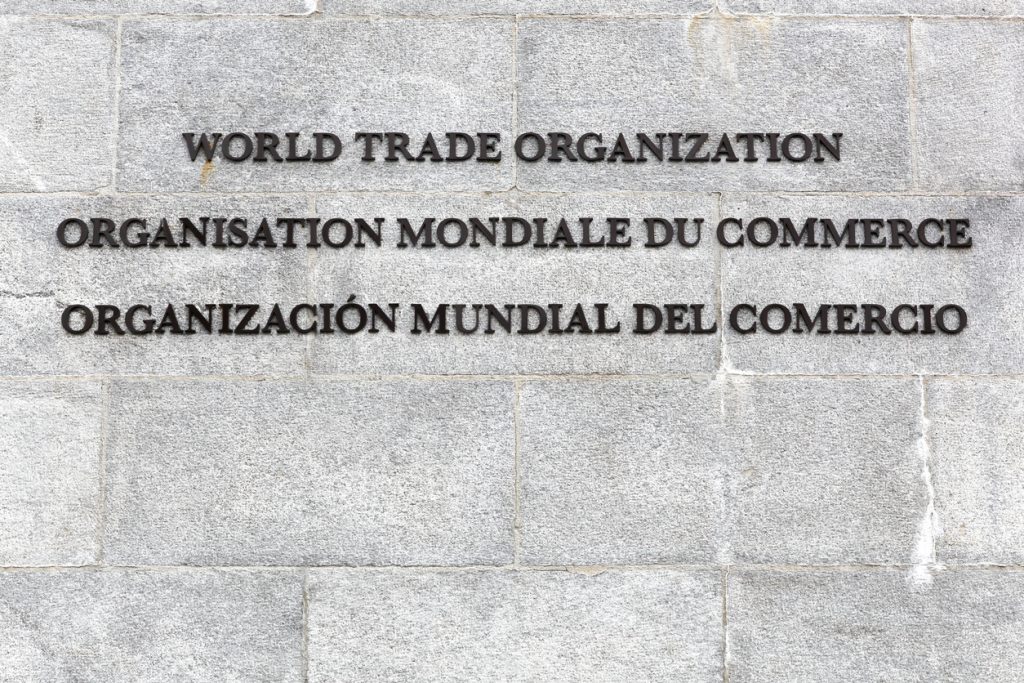Professor David Bell, Stirling Management School

On December 10th, two days before an election precipitated by a government willing to accept crashing out of the EU on “WTO rules”, the court which enforces WTO rules, will collapse. Without any enforcement mechanism and no trade deals in place, UK industry will have no way to remedy trading practices that breach WTO rules (96% of world trade is underpinned by WTO rules – traded on WTO terms or based on trade deals authorised by the WTO).
The WTO “appellate body” was not perfect but now that it’s gone, there’s nothing stopping international trade reverting to the law of the jungle.
Who brought the WTO down? The UK’s single largest trading partner – the US. Unhappy with the many judgements that went against it, the US has refused to appoint sufficient judges to keep the WTO court quorate.
In this no-rules world, might will prevail. And this is the environment in which the UK government is seeking a trade deal with the US. Even before this week’s revelation of US-UK negotiations, the US had laid out its negotiating objectives. Here are a few excerpts:
In relation to agriculture: “Secure comprehensive market access for U.S. agricultural goods in the UK by reducing or eliminating tariffs.” – may reduce food prices, but will decimate UK agriculture
In relation to services: “ensure that the UK does not impose measures that restrict cross-border data flows” – will pose a problem for any deal struck with the EU, which specifically rules out such transfers
In relation to pharmaceuticals: “ensure that government regulatory reimbursement regimes are transparent, provide procedural fairness, are non-discriminatory, and provide full market access for U.S. products” – This could substantially increase NHS drug prices, taking resources away from other parts of the health service. Faced with these demands, the UK will only be able to protect some of its priorities. In the US, health spending accounted for 17.9% of GDP in 2017: the equivalent share for the UK was 9.6%. Extra spending does not buy extra years of life: life expectancy in the UK is 81.0 while in the US it is 78.7 years.
The collapse of the WTO court may seem irrelevant to day-to-day living. Yet its effect will be that the UK is in an even weaker position when it comes to negotiating trade deals. And if trade fails to expand, so will the scope to increase jobs and wages. This also means less tax revenue and reduced scope to expand public services.
This post first appeared on the website of the Centre for Constitutional Change, on 29th November 2019.
